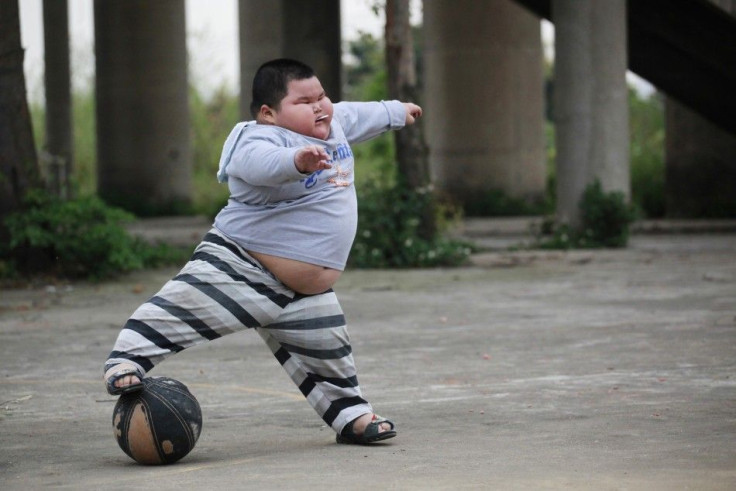Should Parents Lose Custody of Extremely Obese Children?

Parents of incredibly obese children should lose custody for not controlling their kids' weight, a new commentary suggests.
Wednesday's opinion piece in the Journal of the American Medical Association advocates government playing an intervention-role in extreme cases, the Associated Press reported. The piece also suggests that putting children temporarily in foster care is, in some instances, more ethical than obesity surgery.
According to Dr. David Ludwig, an obesity specialist at Children's Hospital Boston, said the point is to act in the best interest of the child, getting them the help that parents, for whatever reason, cannot provide.
State intervention ideally will support not just the child but the whole family, with the goal of reuniting child and family as soon as possible. That may require instruction or parenting, said Ludwig, who wrote the article with Lindsey Murtagh, a lawyer and researcher at Harvard's School of Public Health.
Despite the discomfort posed by state intervention, it may sometimes be necessary to protect a child, Murtagh said.
The article is bound to stir to debate, as roughly 2 million children in the United States are considered extremely obese. Most are not in imminent danger, Ludwig said, but some have obesity-related problems, such as Type 2 diabetes, breathing difficulties and live problems that could kill them by the time they are 30.
But University of Pennsylvania bio-ethicist Art Caplan fears the debate risks placing too much blame on parents and claims obese children are simply victims of advertising, marketing, peer pressure and bullying.
If you're going to change a child's weight, you're going to have to change all of them, Caplan said.
Ludwig said he started thinking about the issue after a 3-year-old weighing 90 pounds came to his obesity clinic a few years ago. Both of her parents were poor, suffered from physical disabilities and struggled to control her weight. Last year, at age 12, she weighed 400 pounds and had developed diabetes, cholesterol problems, high blood pressure and sleep apnea.
Out of medical concern, the state placed this girl in foster care, where she simply received three balanced meals a day and a snack or two and moderate physical activity, he said. After a year, she lost 130 pounds. Though she is still obese, her diabetes and apnea disappeared; she remains in foster care.
© Copyright IBTimes 2025. All rights reserved.





















